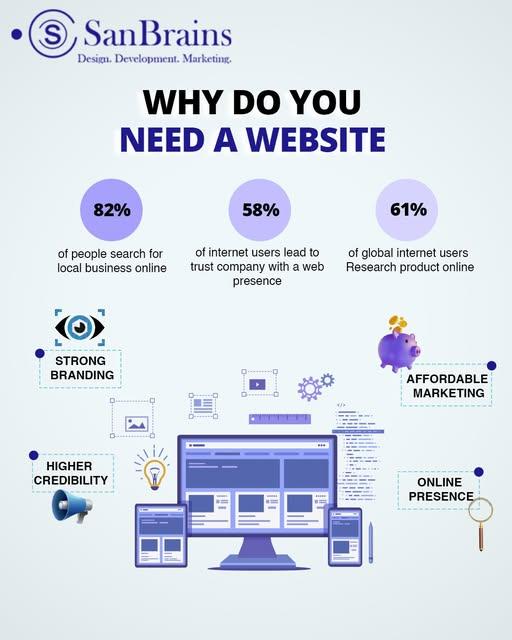How Day Care Centers Shape Early Childhood Development: A Parent's Complete Guide

When it comes to choosing the right childcare option, understanding Day Care Centers and their impact on your child's development is crucial for every parent. Modern day care facilities have evolved far beyond simple babysitting services, becoming comprehensive early learning environments that prepare children for future academic success.
The Evolution of Modern Day Care Centers
Today's day care centers represent a significant advancement from traditional childcare models. These facilities combine structured learning programs with nurturing care, creating environments where children can thrive both socially and academically. Research consistently shows that quality day care experiences during early childhood can have lasting positive effects on a child's development trajectory.
The transformation of day care centers into educational hubs reflects our growing understanding of early childhood development. Brain research reveals that 90% of brain development occurs before age five, making the quality of early childcare experiences more critical than ever before.
Essential Components of Quality Day Care Centers
Licensed and Trained Staff
Professional day care centers employ qualified educators who understand child development principles. These caregivers receive ongoing training in areas such as:
- Early childhood education methodologies
- Safety and emergency procedures
- Behavioral management techniques
- Age-appropriate activity planning
- Nutrition and health protocols
Structured Learning Environment
Quality Day Care Centers provide structured daily routines that balance educational activities with free play. This structure helps children develop self-regulation skills and prepares them for formal schooling. Activities typically include:
- Circle time for group learning and social skills
- Art and creativity sessions
- Music and movement activities
- Story time and pre-literacy skills
- Basic math and science concepts through play
- Outdoor physical activities
Safe and Stimulating Physical Spaces
The physical environment of day care centers plays a crucial role in child development. Well-designed facilities feature:
- Age-appropriate toys and learning materials
- Clean, safe play areas both indoor and outdoor
- Proper ventilation and lighting
- Secure entry and exit points
- Designated quiet spaces for rest
- Child-sized furniture and equipment
Developmental Benefits of Day Care Centers
Social Skills Development
One of the most significant advantages of day care centers is the opportunity for children to develop essential social skills. Regular interaction with peers helps children learn:
- How to share and take turns
- Conflict resolution strategies
- Empathy and emotional intelligence
- Communication skills
- Cooperation and teamwork
Cognitive Development
Quality day care programs stimulate cognitive development through structured activities and free exploration. Children benefit from:
- Exposure to diverse learning experiences
- Problem-solving opportunities
- Language development through interaction
- Pre-academic skill building
- Creative expression opportunities
Independence and Self-Confidence
Day care environments encourage children to become more independent by:
- Learning self-care skills like dressing and feeding
- Making choices about activities and play partners
- Following routines without parental assistance
- Building confidence through accomplishment
- Developing decision-making abilities
Choosing the Right Day Care Center: Key Factors
Staff Qualifications and Ratios
When evaluating day care centers, examine staff credentials and child-to-caregiver ratios. Lower ratios ensure more individualized attention, particularly important for younger children. Look for centers where staff have:
- Early childhood education degrees or certifications
- CPR and first aid training
- Background checks and clean records
- Experience working with children
- Positive references from other families
Educational Philosophy and Curriculum
Different day care centers may follow various educational approaches. Some popular methodologies include:
- Montessori approach focusing on self-directed learning
- HighScope methodology emphasizing active learning
- Creative curriculum integrating multiple learning domains
- Play-based learning prioritizing child-led exploration
- Academic-focused programs preparing for formal schooling
Health and Safety Protocols
Comprehensive health and safety measures are non-negotiable in quality day care centers. Essential protocols include:
- Regular sanitization and cleaning procedures
- Sick child policies and health screening
- Emergency evacuation plans
- Secure facility access controls
- Nutritious meal and snack programs
- Allergy management procedures
Financial Considerations and Planning
Understanding Day Care Costs
Day care expenses vary significantly based on location, facility type, and services offered. Factors affecting costs include:
- Geographic location and local market rates
- Age of the child (infant care typically costs more)
- Full-time versus part-time enrollment
- Additional services like meals and transportation
- Center reputation and amenities
Financial Assistance Options
Many families can access financial support for day care expenses through:
- Employer-sponsored dependent care assistance programs
- Federal Child and Dependent Care Tax Credit
- State-specific childcare assistance programs
- Sliding scale fee structures at some centers
- Flexible spending accounts for childcare expenses
Preparing Your Child for Day Care Success
Gradual Transition Strategies
Helping your child adjust to day care requires patience and planning. Effective strategies include:
- Visiting the center together before starting
- Gradually increasing time spent at the facility
- Maintaining consistent routines at home
- Communicating openly about the day care experience
- Staying positive about the new adventure
Building Strong Communication with Caregivers
Establishing positive relationships with day care staff benefits everyone involved. Regular communication helps ensure:
- Consistency between home and center approaches
- Early identification of any concerns
- Celebration of developmental milestones
- Collaborative problem-solving when needed
- Smooth transitions during daily drop-offs and pick-ups
The Long-Term Impact of Quality Day Care
Research demonstrates that children who attend high-quality day care centers often show improved:
- Academic performance in elementary school
- Social competence and peer relationships
- Self-regulation and behavioral control
- Language and communication skills
- Preparation for formal education environments
Making the Final Decision
Choosing the right day care center requires careful consideration of your family's unique needs, values, and circumstances. Take time to visit multiple facilities, ask detailed questions, and trust your instincts about which environment feels right for your child.
Remember that the goal is finding a place where your child will feel safe, valued, and excited to learn. Quality Day Care Centers serve as extensions of your family's values while providing professional expertise in early childhood development.
The investment in quality childcare during these formative years pays dividends throughout your child's educational journey and beyond. By choosing thoughtfully and staying engaged in your child's day care experience, you're providing a foundation for lifelong learning and success.
For more comprehensive information about selecting and evaluating day care options, parents can benefit from detailed guides that explore all aspects of childcare decision-making.






